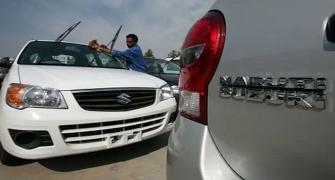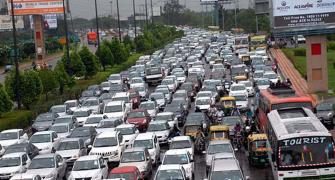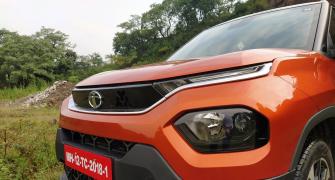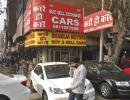'The global semiconductor shortage has inadvertently provided an immense fillip to the pre-owned car market'
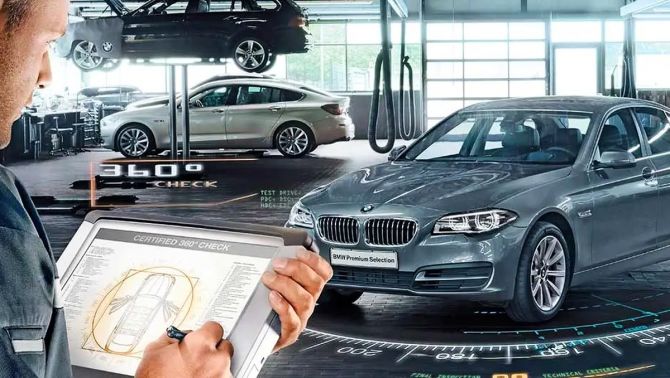
BMW India recently logged the sale of its 100,000th car in India, the fastest amongst the German trio of luxury carmakers to reach this milestone, in the 14 years it has been in operation here.
Vikram Pawah, president and CEO, BMW Group India, talks to Pavan Lall about the market challenges, when the company will go big with electric and why the gap between premium cars needs to be bridged.
How's the pipeline looking for you -- do you have more launches planned this year?
BMW Group India had planned to launch 28 products this year: 15 BMW; five MINI; and eight Motorrad.
Of these, 27 have been launched. These include the BMW 3 Series Gran Limousine, the new BMW 5 Series, the new BMW 6 Series Gran Turismo, the BMW 220i M Sport, the BMW 3 Series Gran Limousine Iconic Edition, the BMW 740Li Individual Edition, and more.
The 28th, a variant of the 2 Series Gran Coupe, will be launched soon.
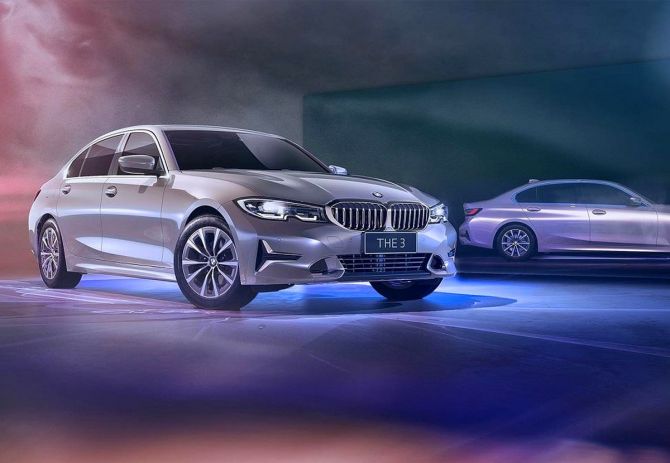
Which cars have been driving sales for you and what is your next big challenge?
The next big challenge is to grow this market, which is being hindered because the overall car market should have been at least at 5 million units by now.
It was around 2.7 million for last year.
The government's target -- of around 9 million units a year -- is achievable.
We can grow at 12 per cent a year in a market where penetration is so low, and especially now when mobility is bouncing back strongly after Covid-19.
But the policy framework must ensure that car rotation happens more frequently.
The bestsellers, as usual, driving sales for us have been the X1, the 3 Series, the 3 Series Gran Limo, the 5 Series and 6 Series.
Those are the pillars that have been fairly consistent and stable over the years.
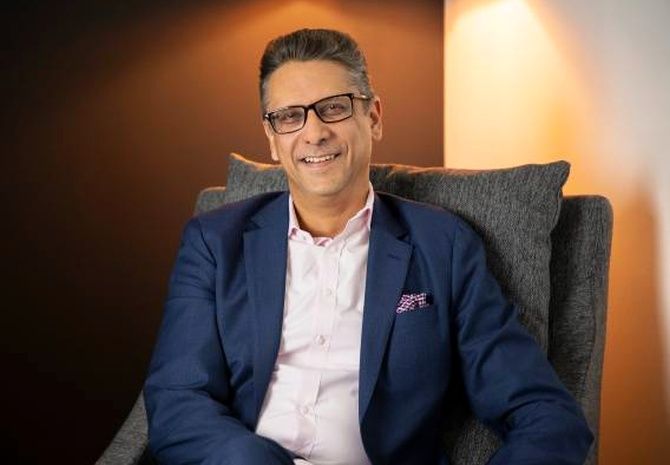
Where do you see gaps in the premium or luxury markets, which you can exploit from a product standpoint?
If you have a car that costs around Rs 15 lakh and is premium, then the next level goes all the way up to Rs 30 lakh or even Rs 40 lakh (there are not many, if at all any, luxury cars in the Rs 20-25 lakh range), and it becomes a big stretch (for a consumer to jump to the next category of vehicles).
So that does two things. It either dampens the interest to buy that car or it stretches the wait.
This yawning gap delays sales and purchase. That's the segment (premium and luxury) that needs to see taxes rationalised.
You have to understand that in most economies around the world, the premium segment contributes between 5 per cent and 10 per cent to the sector, while in India it is less than 1 per cent.
There's a lot of buzz around electric cars in your peer group. What are your plans?
We will bring two new electric cars next year: the iX and the i4.
The exact timing will be decided later but it will be next year.
Eventually, all our electric models will come into the Indian market.
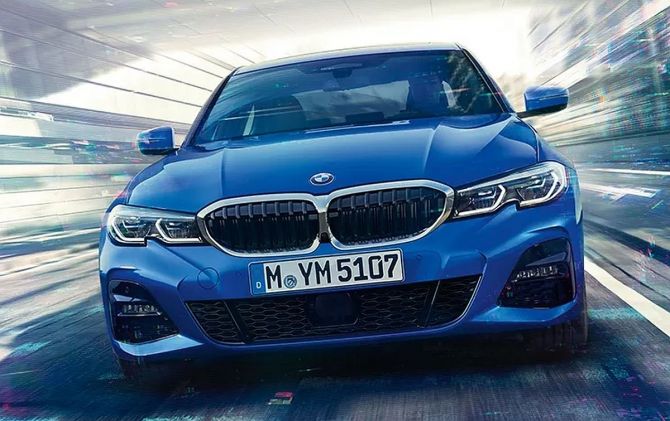
How are you tackling the chip shortage?
The BMW Group has made individual adjustments to the production programme to take account of the limited availability of semiconductor components.
Thanks to its flexible production system and work-time models, the group is able to make adjustments at a relatively short notice and was able to compensate for the challenging semiconductor supply problems arising in the first six months of 2021.
Nevertheless, the BMW Group expects the supply situation for semiconductor components to remain difficult.
Production restrictions can be expected to continue in the second half of the year.
Our aim is to ensure supplies continue to reach our plants.
We ordered the required volumes for 2021 at the appropriate time and expect our suppliers to fulfil these orders as stipulated by the contract.
We are monitoring the situation very closely and are in constant communication with our suppliers in relation to this.
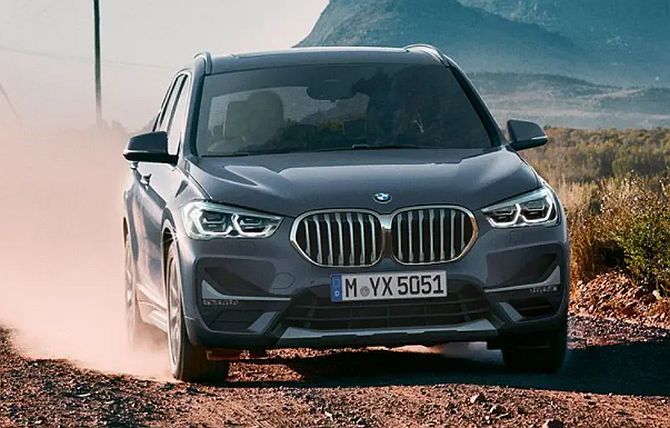
How are your used cars doing in a market where there are supply chain shortages? Have their prices gone up?
BMW Premium Selection plays an important role in the success of our company.
It is the first structured pre-owned premium car business in India and is distinguished by its exclusive approach.
Since launching it in 2012, we have seen an over 200 per cent growth in the pre-owned car sales.
This year, the global semiconductor shortage has inadvertently provided an immense fillip to the pre-owned car market.
BMW cars consistently command good resale value in the pre-owned car market.
With the current situation, we are experiencing high additional demand, which is reflecting in the market prices as well.
The price at which customers are willing to secure a pre-owned BMW has increased.
Feature Presentation: Rajesh Alva/Rediff.com

